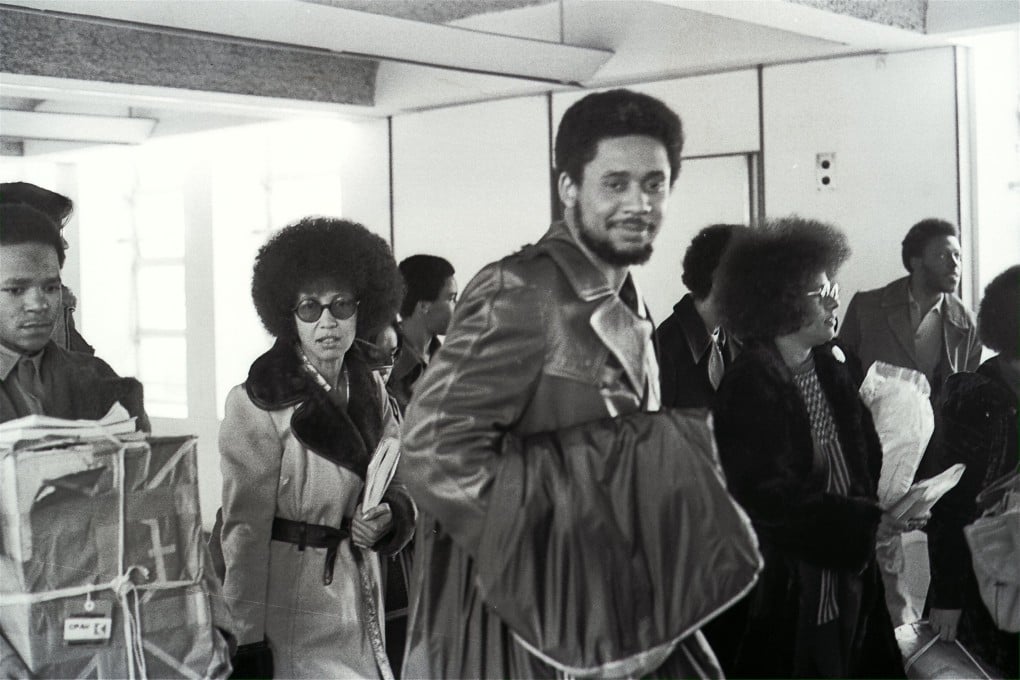Advertisement
Asian Angle | George Floyd death: China is right to criticise the US on race. Next step, more Uygurs on politburo
- When America aspired to being a beacon to the world, global pressure on its race record – including from China – helped drive it to change
- If China wants to be a global power too, it must accept that internal politics are open to outside criticism
Reading Time:4 minutes
Why you can trust SCMP
0

“I can’t breathe,” tweeted Chinese Foreign Ministry spokeswoman Hua Chunying in response to an American tweet on 4 June, the anniversary of the Tiananmen Square killings of 1989, repeating the last phrase uttered by George Floyd as he died under the knee of a Minneapolis police officer.
But pushing back against American criticism by pointing out the sorry record of the United States on racism is nothing new for the People’s Republic. In 1971, then prime minister Zhou Enlai clasped the hand of Huey P. Newton, leader of the US radical group Black Panther Party, when he visited Beijing, a year ahead of Richard Nixon’s rather better-remembered journey.

Newton was not the first Panther to visit Beijing; his colleague Robert F. Williams spent several years there, as detailed by the historian Matthew D. Johnson. Earlier, one of the great African-American intellectuals, W.E. DuBois, had been a guest of the PRC at the age of 91 in 1959.
In those days, China was certainly happy to host and praise critics of the leading country in the West, even when, as with the Panthers, those critics were committed to violent overthrow of the existing order.
This story shows that “whataboutery”, claiming that your opponent’s hypocrisy renders you blameless, is nothing new in the US-China relationship. But there is a more productive lesson that also lies under the surface. It’s about what happens when great nations become global leaders, and why demanding that outsiders keep quiet about your internal affairs won’t work if you want to claim a bigger role in the world.
Advertisement
